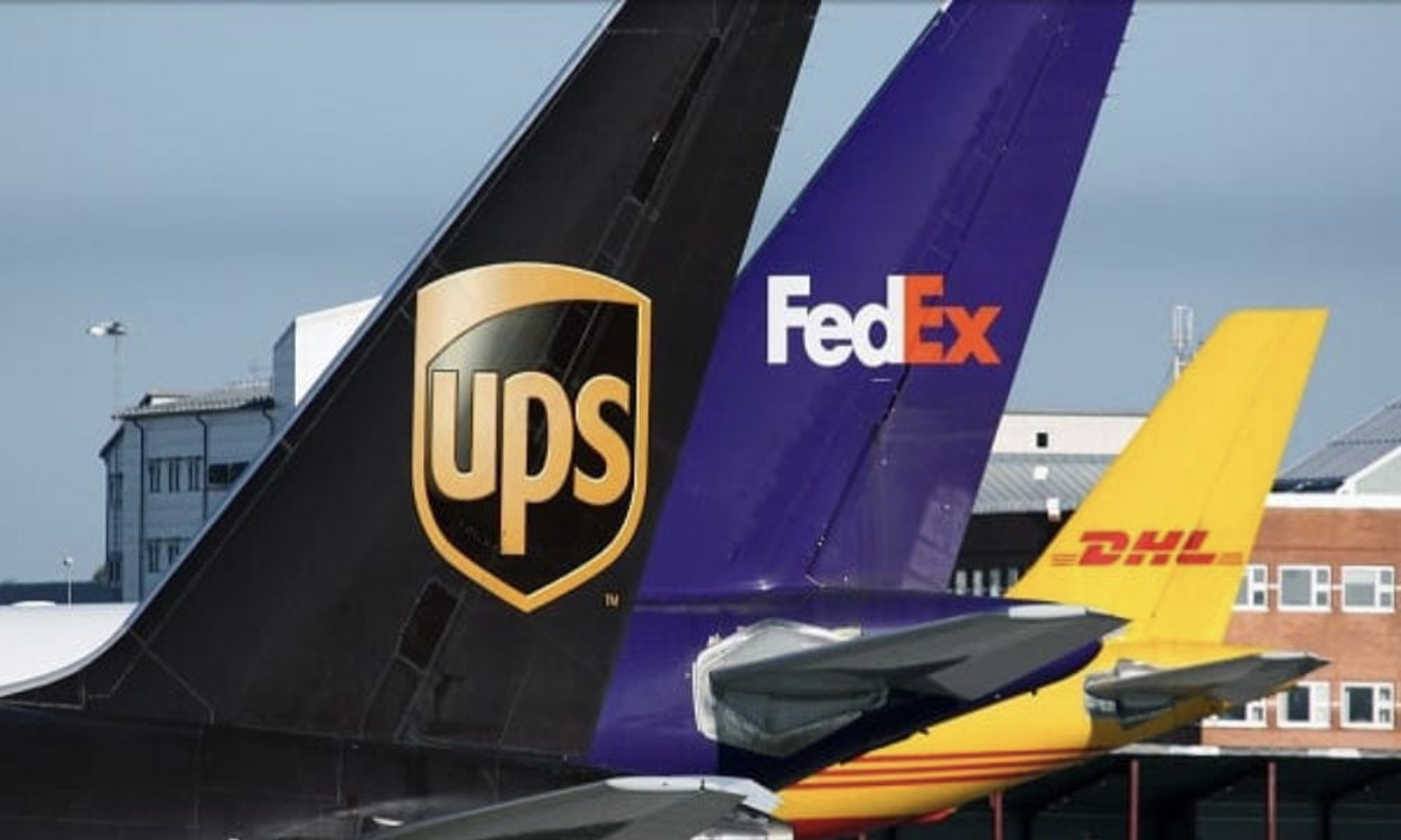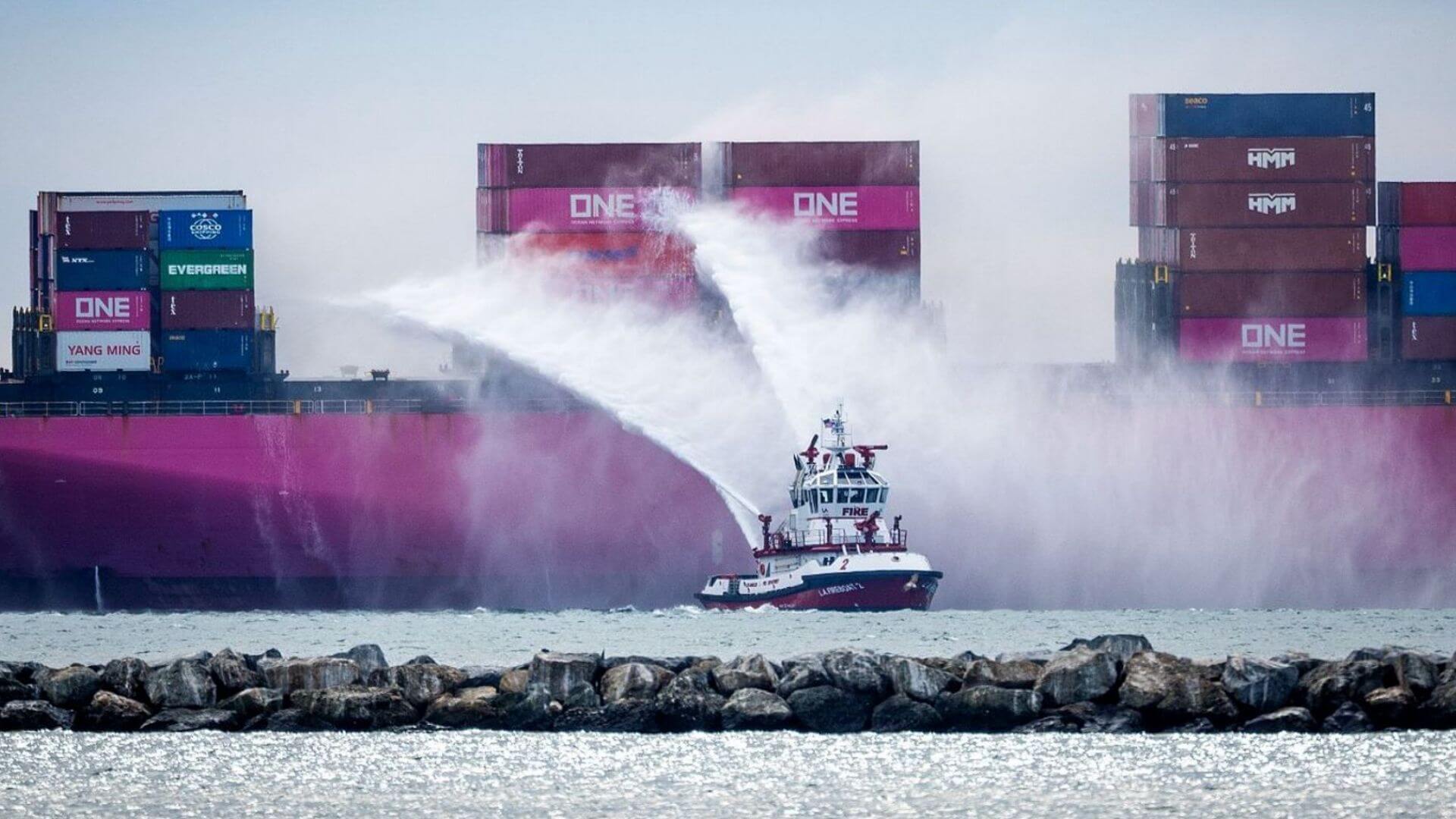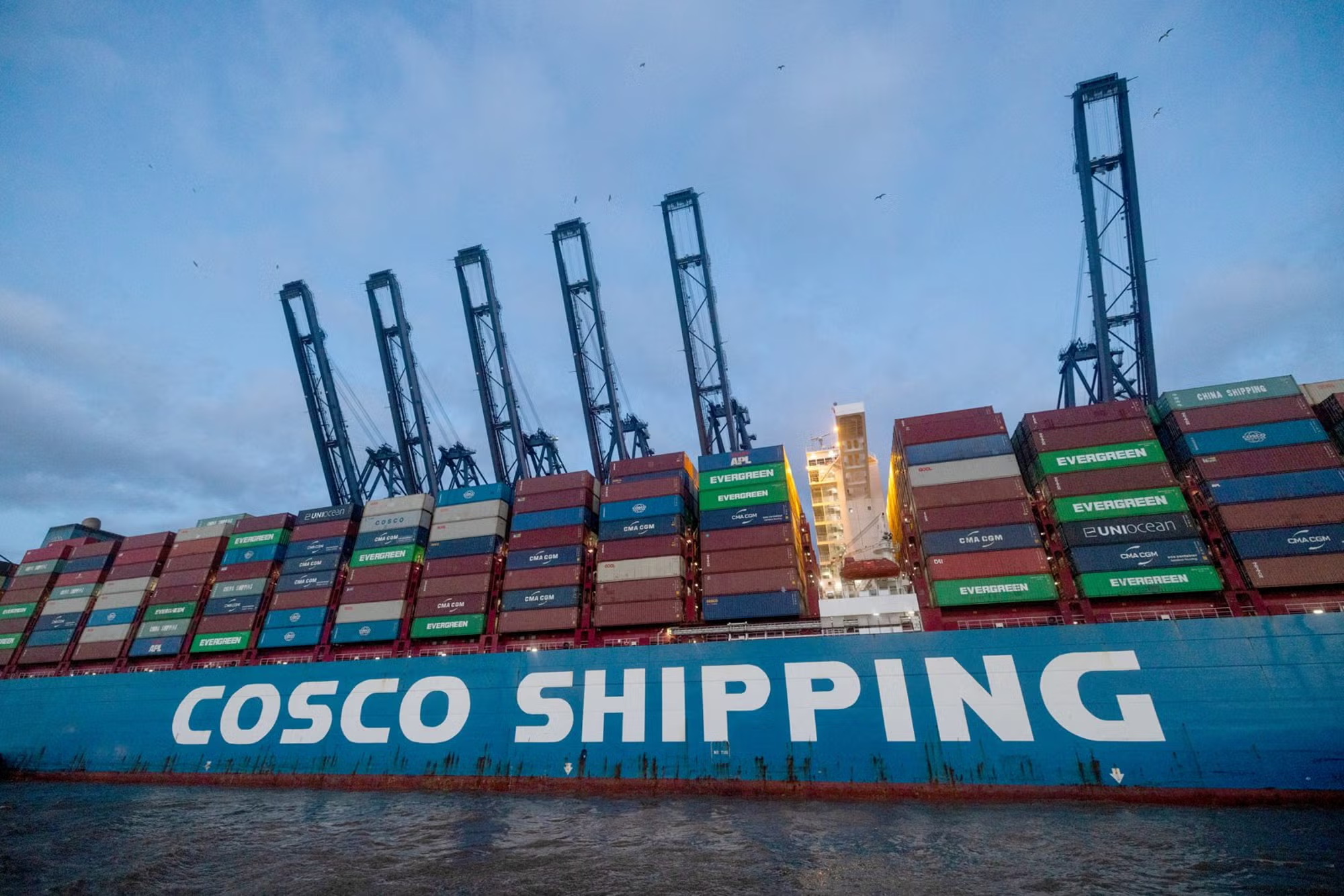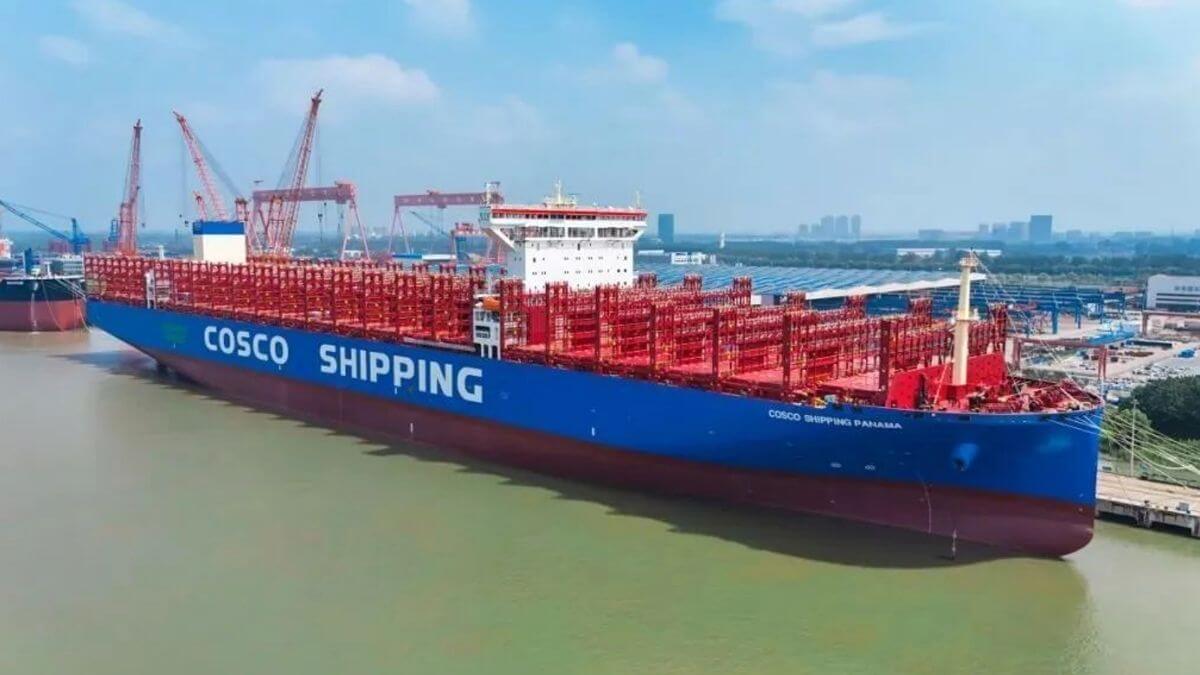UPS, FedEx và DHL Express ứng phó với vướng mắc hải quan hậu bãi bỏ de minimis

Nhiều lô hàng gửi đến Mỹ đang bị Cơ quan Hải quan và Bảo vệ Biên giới (CBP) giữ lại trong thời gian dài — thậm chí bị tiêu hủy — do các chủ hàng gặp khó khăn khi điều chỉnh sau khi chính quyền Trump bãi bỏ quy định de minimis vào ngày 29/8. Trước đó, de minimis cho phép hàng hóa có giá trị dưới 800 USD được miễn thuế và phí nhập khẩu. Việc chấm dứt quy định này khiến các bưu kiện giá trị thấp phải chịu thuế và yêu cầu khai báo khắt khe hơn trước khi được đưa vào mạng lưới giao hàng nội địa.
Theo UPS, thay đổi trong quy định nhập khẩu của Mỹ đã dẫn đến tình trạng một số lô hàng không thể thông quan do thiếu hoặc sai thông tin. Dù không tiết lộ số lượng cụ thể, hãng cho biết đội ngũ môi giới của mình đã xử lý hơn 90% bưu kiện trong ngày đầu tiên nhập cảnh. FedEx và DHL Express cũng xác nhận việc thay đổi quy tắc thương mại đang gây trở ngại cho một số chủ hàng xuyên biên giới.
“Tất cả những vấn đề này là hệ quả của sự thay đổi đột ngột liên quan đến de minimis,” bà Rathna Sharad, CEO kiêm nhà sáng lập nền tảng vận chuyển xuyên biên giới FlavorCloud, nhận định.
Những rắc rối hậu de minimis đã khiến nhiều khách hàng gặp phải phí phát sinh và trường hợp bưu kiện bị tiêu hủy, tạo áp lực cho các nhà nhập khẩu trong bối cảnh mùa cao điểm vận chuyển cuối năm đang đến gần.
Cách các hãng lớn xử lý vướng mắc thông quan
Chính sách của mỗi hãng có khác biệt, song UPS, FedEx và DHL Express đều khẳng định mục tiêu là đảm bảo quy trình thông quan trơn tru và tuân thủ. Theo Thomas Taggart, Phó Chủ tịch phụ trách thương mại toàn cầu tại Passport, hàng hóa thông thường có 15 ngày để thông quan, sau thời hạn này, việc tiêu hủy là một lựa chọn nhằm đảm bảo tuân thủ quy định của CBP.
UPS cho biết khi gặp sự cố, hãng liên hệ nhiều lần với chủ hàng để bổ sung thông tin cần thiết. Nếu không thể hoàn tất, hai phương án được áp dụng:
“Thứ nhất, hàng sẽ được trả lại người gửi (chịu phí). Thứ hai, nếu khách hàng không phản hồi và hàng không thể thông quan, bưu kiện được xem là bị bỏ rơi và sẽ bị tiêu hủy theo quy định hải quan Mỹ,” UPS nêu rõ.
FedEx cho biết hãng phối hợp với chủ hàng để cập nhật giấy tờ hải quan trong trường hợp thông tin bị thiếu hoặc bị CBP từ chối. Nếu vẫn không thể xử lý, chủ hàng có thể yêu cầu trả hàng hoặc tiêu hủy.
“Trong những trường hợp hiếm hoi đó, người nhận sẽ được thông báo theo chỉ đạo của người gửi,” FedEx cho biết, đồng thời nhấn mạnh đây không phải là quy trình phổ biến.
Trong khi đó, DHL Express khẳng định hãng không tiêu hủy hàng chưa được thông quan. Thay vào đó, DHL cố gắng bổ sung thông tin trong vòng 10 ngày. Nếu không thành công, hàng sẽ được trả lại điểm gửi ban đầu.
“Khung thời gian này cho phép DHL Express xử lý tái xuất hàng trước ngày thứ 15 để đảm bảo tuân thủ quy định hải quan,” hãng cho biết.
Giải pháp tránh vướng mắc hải quan
Các chuyên gia khuyến nghị chủ hàng cần phối hợp chặt chẽ với môi giới và hãng vận chuyển để hoàn thiện hồ sơ nhập khẩu, đặc biệt với những doanh nghiệp từng phụ thuộc vào de minimis. CBP yêu cầu thông tin như mã hàng hóa HS 10 số và nước xuất xứ sản phẩm, bà Sharad cho biết.
Một thách thức khác sau khi bãi bỏ de minimis là việc người mua tại Mỹ trở thành “người nhập khẩu chính thức” cho nhiều đơn hàng xuyên biên giới, khiến họ phải chịu trách nhiệm thông quan và thanh toán các khoản phí. Điều này có thể khiến khách hàng từ chối nhận hàng hoặc yêu cầu hoàn tiền.
“Chủ hàng thường chỉ tham gia giai đoạn đầu để cung cấp thông tin liên hệ, còn sau đó người mua phải làm việc với hãng vận chuyển để hoàn tất thủ tục và nộp thuế,” ông Nick Baker, đồng trưởng nhóm thương mại và hải quan tại Kroll, chia sẻ.
Để tránh tình huống này, các nhà bán lẻ nước ngoài nên thuê bên môi giới hải quan thứ ba để xử lý thông quan thay cho khách, đặc biệt khi dùng dịch vụ chuyển phát nhanh, Baker khuyến cáo. Ngoài ra, chủ hàng không thuộc Mỹ có thể đăng ký làm “nhà nhập khẩu phi cư trú” (non-resident importer) để kiểm soát quy trình và giảm thiểu rủi ro.
“Nếu là doanh nghiệp hợp pháp và muốn đơn giản hóa quy trình, hãy thiết lập tư cách nhà nhập khẩu phi cư trú — điều này sẽ giúp quy trình thông quan diễn ra suôn sẻ hơn,” ông Taggart của Passport cho biết.




